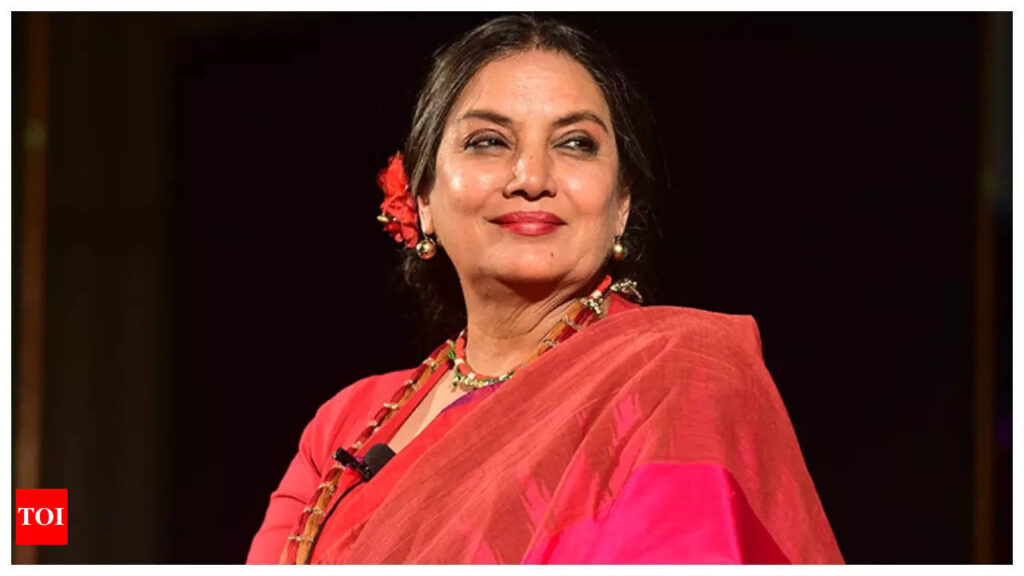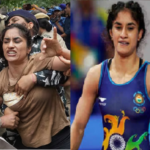After catching attention with her National Award winning big screen debut as Lakshmi, a low caste and morally ambiguous villager in Shyam Benegal’s Ankur 1974, Shabana Azmi has pitched out a rare feat of winning five National Awards for – Ankur, Arth (1983), Khandhar (1984), Paar (1985) and Godmother (1999)— and a masterful turn in both mainstream and arthouse movies. Azmi is arguably one of India’s most gifted actresses.
Her oeuvre ranges from embodying a lonely wife of an aristocrat in Satyajit Ray’s Shatrang Ke Khilari (1977); an over-the-top brothel owner in Mandi (1983); submissive Radha, who walks out of her stifling marriage to be united with her sister-in-law, in Fire (1996); a cunning woman pretending to be a witch in Makdee (2002); to portraying young-at-heart Jamini Chatterjee in Rocky Aur Rani Ki Prem Kahani (2023); and admiral Margaret Parangosky in American Sci-Fi series Halo (2022-2024).
The Padma Bhushan—recipient has also been a fearless activist, raising her voice against communalism, taking a stand for the welfare of slum dwellers and extending her support to remove the stigma attached with Aids. Clearly, Azmi’s choices in life have been influenced by her upbringing. Being the daughter of actor Shaukat Azmi and communist poet Kaifi Azmi, her family lived in Red Flag Hall, a communist commune in Mumbai till she was nine. Later, their home at Jan ki Kutir in suburban Mumbai would be frequented by prominent writers and artists of that time, including Faiz Ahmed Faiz, Josh Malihabad, Firaq Gorakhpuri and Begum Akhtar.
Seated in her sea-facing living room in Mumbai, Azmi, 73, looks back on her five decade
Remembering her early days she says ‘At that time, I was fresh out of the Film and Television Institute of India (FTII, Pune. The mahaul (atmosphere) was more like a theatre group working together. I was this typical St Xavier College, Mumbai, student and had never lived in village before. Shyam Benegal asked me to wear a sari and walk around the village to get it right.
Ankur received both critical and commercial success when it was released. She said
‘When we were making the film , people tried to dissuade me, saying that you ‘in your first film, you were playing an adulteress and stealing rice, I loved the grey shades in Lakshmi’s character. All along, I knew something exciting was going on. Once Ankur was released, it was like whirlwind. It was selected for the Berlin International film festival, 1974. It gave me my first National Award for the best actress. Ankur’s commercial success paved the for other arthouse films. Had I not started my career with Ankur, my career would have been on an entirely different trajectory’. (IPA Service)




 Phogat’s Olympics Fiasco And How Number 100 Turns Out To Be Most Inauspicious For India
Phogat’s Olympics Fiasco And How Number 100 Turns Out To Be Most Inauspicious For India 